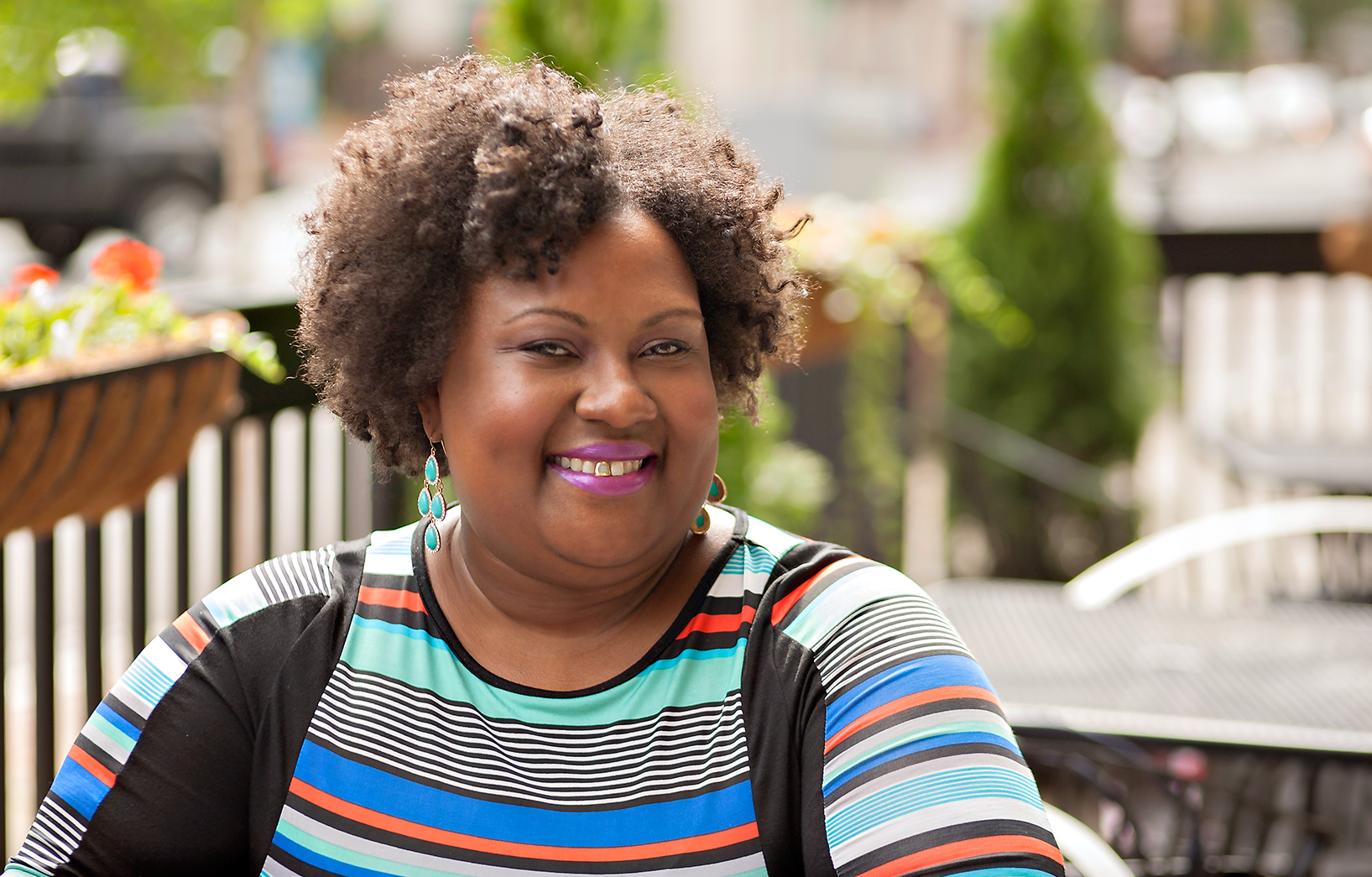
Natasha: Hey, Jamie! Welcome back this month to LionessMagazine.com. It’ll be Halloween in a few days, so it only makes sense that we begin our chat with something that scares most entrepreneurs – our bank account balances. We’re either worried that it’s too low or stressing about how we can add more zeros to it. You know, I once read that most of us don’t even read our bank statements properly. What are some common banking mistakes you find women making?
Jamie: BOO! Just kidding, I’m not THAT scary. And banks accounts don’t have to be either. The problem for entrepreneurs is we wear so many different hats and are doing so many different things, that sometimes we put ourselves last. We need to be on top of what’s coming in, what’s going out, and WHEN. That way, there aren’t mistakes and the ever dreaded overdraft fees. I know we all have a million to-do lists and crazy calendars but controlling our finances is pivotal. So, a suggestion would be to have a separate calendar that is specific to money flow. If our rent or mortgage is due on the 27th, write it in. If payroll or office bills are due at the end of the month, put it in. Write in when you expect money to come in. I do this myself but I also add in my personal bank account information as well so that I am always in the know. Then, there’s no surprises!
Natasha: What a great idea! Here’s another thing about banks, there are so many banking options – small ones, large ones, credit unions. What are some tips you can offer for those of us to remember when considering where to open a bank account?
Jamie: Now a days, there are SO many different options with everything it seems. What happened to the times when you could go to the grocery store and buy toothpaste, drive down the street to the bank, and then stop for coffee? Now it’s like we have to make pros and cons list for toothpaste. Do I want whiter teeth or fresher breath? Cavity protection or micro scrubbers? Ha! Coffee shops- well we all know there are a million. With banks, it’s definitely something you want to be careful about. Look at minimum balance requirements, annual fees, processing fees, checking fees. A lot of the fine print has to do with things that cost you money…the one thing we want to SAVE! Sometimes when you open the account you will be waived certain fees in the first year (or given time period). But after that, you can be sure it will be charged to you. Be sure to know about promotions and when they end. Keep on the lookout my friends, and be particular with your decision.
Natasha: We all want to save money – to have a nest egg, for our next vacation, even retirement. Are there easy strategies we can use to get the best out of our savings accounts?
Jamie: This is a great question and one that I get often! Life is a balancing act if you think about it. Balancing work with home; exercise and relax time; time with friends and personal time. It’s the same with your finances. The key here is to have a plan. You need to be as specific as possible. What EXACTLY is your next vacation? We need to know how much to save. WHEN do you want to retire? We need to have a point to plan to. Retirement age can, and usually does, change. People change their minds! And life can throw a curve ball (good and bad). But we need to start somewhere. Save with purpose and intention. My suggestion would be to work with someone to make this plan and then you need to stick to it!
Natasha: Those are all great tips and I know you help a lot of women with their retirement plans. So reach out to Jamie if you have questions, ladies! Now, I have to ask you what about unexpected cash though? How can we take some short-term cash – like when we win a couple hundred on a scratch ticket or we get a nice Christmas bonus at work – and make that money work for us in the long-term?

Jamie: Christmas talk already! I love it! Especially when we are talking bonus money (smiles). Whenever I hear someone say the phrase “long term” when we are talking about money, the word “retirement” comes to my mind. This questions links to the last one in a great way. Depending on the type of retirement account you have, there are different limits. This extra cash could be a great way to get closer to saving up to the limit! Always bring this up to the person who helped you with your plan. Then, you can have that already planned for in the event the extra cash comes along!
Natasha: Staying on the topic of long-term game, so many companies offer 401Ks and IRAs. For some of us who are self-employed – depending on the stage of our companies – we’re not even in a position to have a 401K program yet. Are there other investment options?
Jamie: I like the long term thinking. It’s so much better to start sooner rather than later. The difference it makes is HUGE! This is a loaded question though, so bear with me. A 401k is usually used in instances where an employer is offering it to themselves and their employees. I see this mostly with bigger companies (although there are exceptions). IRAs are something that you can go right online and open up. An Individual Retirement Account (IRA) is just as it sounds, individual! So only for you. This, just like the 401K, is a pre-tax savings method. Meaning, we pay taxes when we take it out. There are rules on taking the money out before retirement that you will want to be aware of, so make sure to look into that. An option I would look into if I were you would be a ROTH IRA. This is the same as the IRA, just an after tax option. Meaning you already paid taxes on the money you are putting in. After a certain time, you can take the money out without paying taxes on any growth of the account! For those of us starting out and in the lower tax bracket, this is great! Because as our business grows and therefore our income/ tax bracket grows, we won’t have to worry about the ROTH money! We already paid the taxes when we put the money in! We can still take it out tax free! The ROTH also has no minimum, only a maximum amount per year. That maximum amount depends on your age. This may be a great option to start with.
Natasha: You’ve definitely given us a lot to think about today. Money discussions can get serious around the holiday season. Next month, we have to talk about poor holiday decisions that bite us in the new year.
—
Got a money question or topic you’d like Natasha and Jamie to cover? Submit it in the comments section.






Add Comment